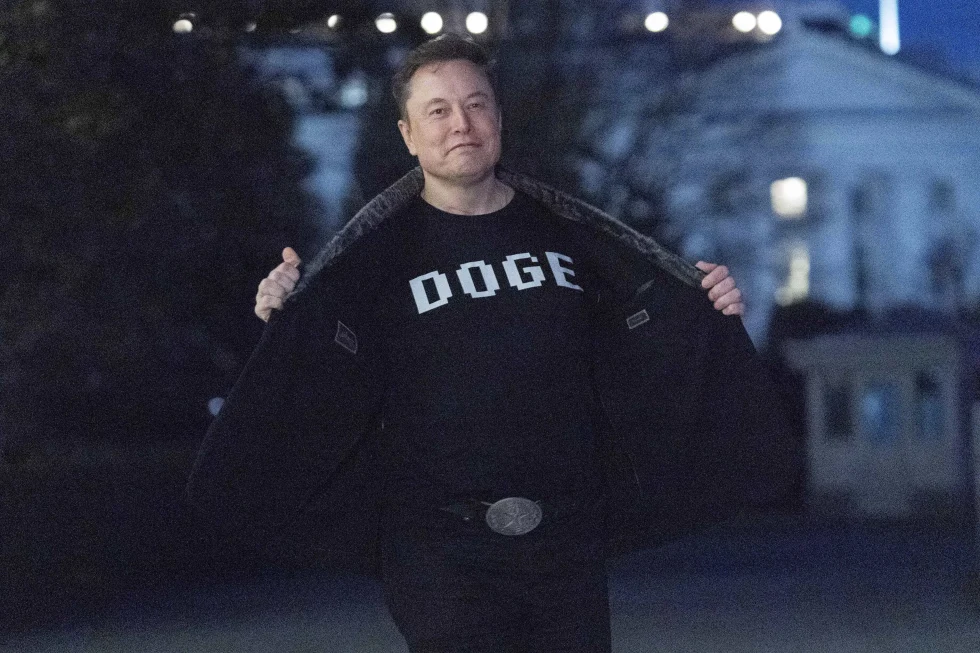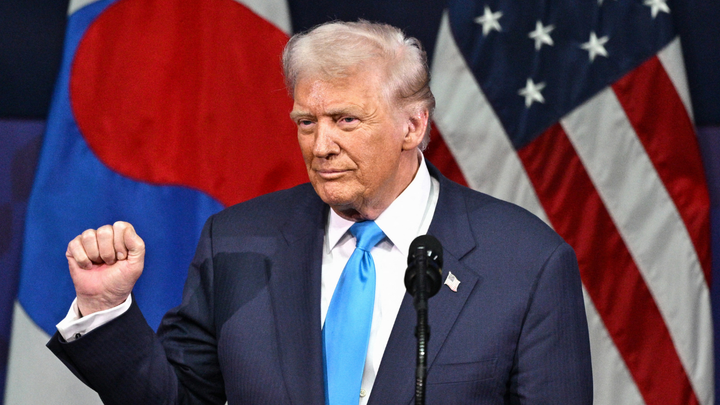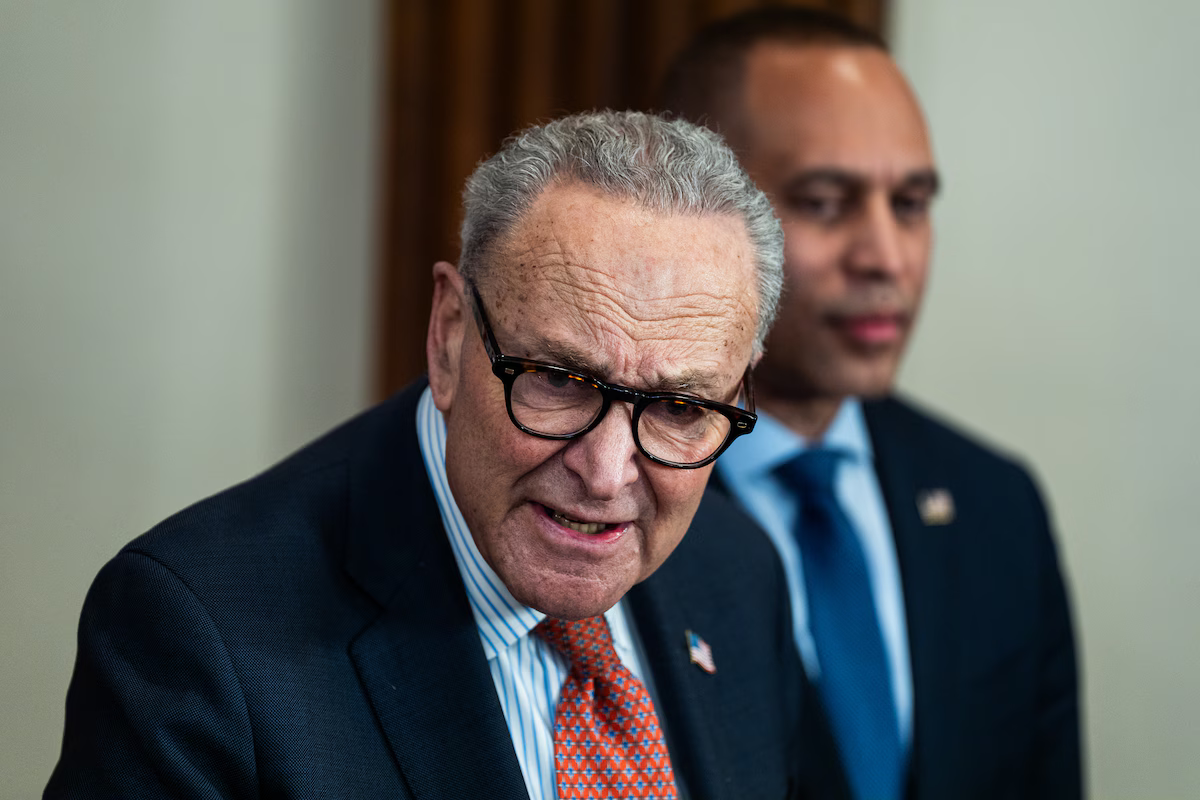On 6 June 2025 the U.S. Supreme Court granted an emergency request from the Trump administration that allows the Department of Government Efficiency (DOGE) to obtain un-redacted Social Security Administration (SSA) records while litigation over access proceeds. The 6–3 unsigned order lifts a Maryland district-court injunction that had barred DOGE analysts from retrieving personally identifiable information (PII) such as Social Security numbers, birth dates, medical records, immigration status, earnings history and bank data. The injunction was issued in April after a coalition of labor unions and retiree-advocacy groups alleged that unfettered access would violate the Privacy Act of 1974. With the stay in place, DOGE personnel embedded at SSA can resume work immediately, pending the outcome of appeals.
The Legal Path to the High Court
DOGE was created by Executive Order 14158 on 20 January 2025 and—until his abrupt departure on 30 May—was championed by Elon Musk. The new office’s mandate is to “modernize federal information systems, eliminate waste, fraud and abuse, and propose workforce-reduction targets.” Almost immediately, DOGE requested full read-and-write credentials for the SSA’s Integrated Client Data Base, arguing that only complete visibility would let analysts identify duplicate payments, deceased beneficiaries, and fraudulent disability claims.
• District Court: Judge Ellen Lipton Hollander found DOGE’s justification too vague and its internal privacy protocols untested. Her preliminary injunction restricted the team to anonymized data unless individual analysts documented a specific need and completed SSA-style background checks. She also ordered DOGE affiliates to delete any PII previously obtained.
• Fourth Circuit: On 30 April the Fourth Circuit, sitting en banc, declined 9-6 to stay Hollander’s order. The majority cited “vastly greater stakes” at SSA than in related disputes where DOGE had already gained Treasury, Education and OPM data.
• Supreme Court: Solicitor General D. John Sauer petitioned for relief, calling Hollander’s ruling a “judicial micromanagement of executive operations” that hampered efforts to modernize benefit systems. The Court granted the stay, allowing access during the appeal.
Majority Rationale and Minority Dissent
The brief order did not spell out the majority’s reasoning, but it implicitly applied the traditional four-factor stay test: likelihood of government success on the merits, risk of irreparable harm, balance of equities, and public interest. By contrast, the three liberal justices—Ketanji Brown Jackson, Sonia Sotomayor and Elena Kagan—issued two dissents.
- Privacy Risks: Justice Jackson warned the decision “creates grave privacy risks for millions of Americans” by granting “unfettered data access to DOGE regardless” of its incomplete compliance plan.
- Prematurity: The dissent argued the government had shown no urgent harm—other than impatience—and should have waited for lower-court fact-finding.
- Separation-of-powers Concern: Jackson asserted that rushing to lift the injunction “fans the flames rather than extinguishes them,” accusing the majority of reflexively siding with executive power.
Immediate Operational Consequences
SSA confirmed that DOGE analysts—already credentialed at the agency—regained full database access within hours of the ruling. According to the administration, their first priority is an audit of duplicate survivor benefits projected to save $1.4 billion over ten years.
- Data-handling protocols: White House spokesperson Liz Huston said DOGE personnel will follow SSA background-check standards and are subject to Office of Inspector General review.
- Union response: The American Federation of Government Employees called the decision “a scary day” and vowed to continue the underlying lawsuit, which now moves to Fourth-Circuit merits briefing.
- Technical safeguards: SSA’s chief information officer noted that all DOGE queries are logged and subject to random sampling; any bulk extractions require two-factor approval by civil-service administrators.
Broader Policy Implications
- Privacy Act Precedent – The stay does not decide the case on the merits, but it signals that a majority may interpret the Privacy Act to give agencies broader discretion when an executive order cites anti-fraud objectives. Future litigation over IRS, VA and CMS data-sharing could be affected.
- Congressional Oversight – Several senators, including privacy-oriented Republicans, have expressed concern. A bipartisan letter asks the Government Accountability Office to assess whether DOGE’s data-security plan meets Federal Information Security Modernization Act requirements.
- Political Optics – The ruling arrives amid a public rift between Trump and Musk, yet underscores that the president can still deploy DOGE as a signature cost-cutting tool. Opponents argue the decision concentrates power in an office whose status—advisory panel versus federal agency—remains the subject of a separate Freedom of Information Act lawsuit.
- Potential for Data Breaches – Cyber-security experts note that SSA systems contain some of the government’s richest identity-theft targets. Expanding the number of privileged users increases exposure; successful intrusions of OPM’s personnel files in 2015 serve as a cautionary example.
What Happens Next
- Fourth-Circuit Merits Appeal: Briefing is due by mid-July; oral argument could occur in the fall. If the appellate court upholds Judge Hollander’s injunction on the merits, the stay would dissolve unless the Supreme Court intervenes again.
- FOIA Case: A separate District of Columbia action—Citizens for Responsibility and Ethics in Washington v. U.S. DOGE Service—asks whether DOGE is itself an agency subject to records requests. The Supreme Court’s second order curtailed discovery but did not decide the issue; summary-judgment motions are due in August.
- Internal Audits: SSA’s inspector general plans monthly reports to Congress on DOGE query patterns and any data-access violations. Early metrics will influence whether moderate lawmakers continue backing the office.
- Legislative Proposals: A draft bipartisan bill—tentatively titled the Government Data Privacy Assurance Act—would require any White House advisory body granted PII access to publish privacy-impact assessments and appoint a Senate-confirmed chief privacy officer.
On The Horizon
The Supreme Court’s stay gives DOGE a green light—but not carte blanche. The office can proceed with high-profile fraud hunts, yet its future hinges on proving it can handle sensitive information without leaks or politicization. If the forensic audits deliver measurable savings and remain scandal-free, congressional resistance may fade. Conversely, a breach or evidence of partisan data mining could reignite calls to curtail or even dismantle the fledgling department.














Discussion